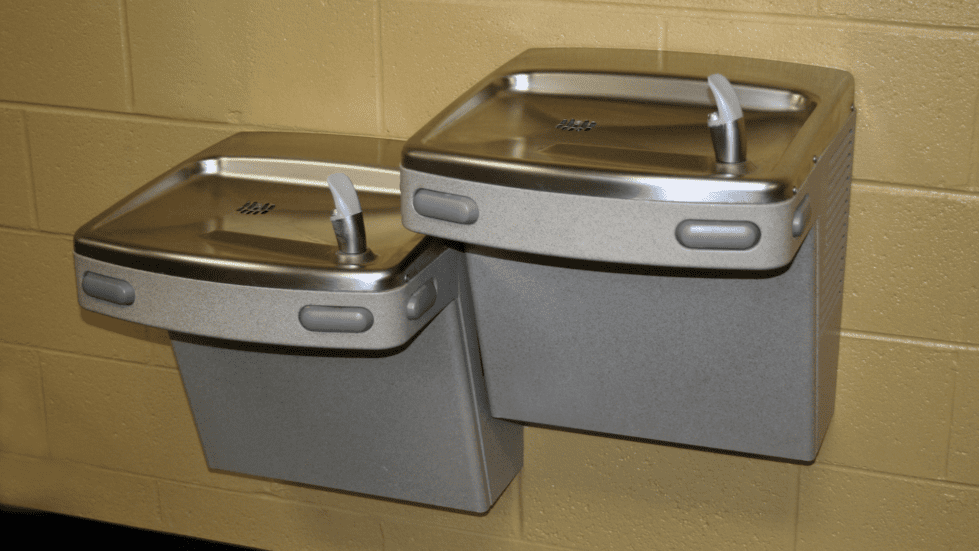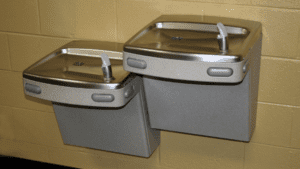As part of the Safe School Drinking Water Act, the State of Delaware is sampling the water in all Delaware schools to ensure that the water students have to drink is safe. Using a grant from the federal Environmental Protection Agency and the Delaware Division of Public Health, the state will begin testing lead levels in all schools. This requirement was discussed at a recent Milford School Board meeting.
“We underwent testing not too long ago, and we were very pleased and fortunate to not have any of our consumption points in our schools showing unsafe levels of lead,” Superintendent Kevin Dickerson said. “But the state’s coming back again to retest all of our schools and all our consumption points at all of our schools here through the rest of the school year. So, we’ll be participating in that sampling with the state. They do have outside agency, who will be conducting the testing over a period of time in our schools. We will receive results from the State and testing will follow the testing process. We will also communicate the results here to our school board as well as our community.”
This is the first time the state has conducted tests on schools statewide. They will also be testing water that is not for consumption, including boilers and sinks in science labs, in order to develop a broad picture of lead issues in school drinking water statewide and allow for follow-up sampling and risk-reduction efforts. The state plans to continue sampling schools regularly as part of facility assessments.
“They have not reached out to us yet, but the last date I was given was completion in early May,” Mike Sharp, Supervisor of Buildings and Grounds, said. “They’ll come out and do each consumption point within the school, like water fountains, the kitchen, different places. They’ll take a couple days at each school most likely and get the results back to us, hopefully, relatively quickly. If any of them show high levels or hit over the threshold, they will be closed immediately and signs put up. We would get a fix for that issue.”
According to Sharp, it will take about 10 minutes per consumption point so schools like Lulu Ross and Evelyn I. Morris with water fountains in almost every classroom may take some time. According to DOE, schools were tested in early 2022 and some indicated that lead may be an issue in a limited number of fixtures in less than 10 percent of the state’s schools. The state indicated that information was not relayed to the public and the samplings were taken while schools were unoccupied during the COVID-19 pandemic.
“We acknowledge that missteps early in the testing program have led to confusion,” a letter sent to parents by DOE read. “We’re committed to working with our school and federal partners and will maintain regular communication as the testing program moves forward to make sure parents and families get their questions answered.”
School board member Dr. Adam Brownstein mentioned that the project was discussed at the Delaware State School Board meeting and that much of the testing was to provide better public awareness.
“Some of the few schools that had abnormally high lead levels, some of those were collected without following the specific rules and regulations, chain of custody, etc.,” Dr. Brownstein said. “Some of those were conducted during COVID while the schools were completely empty, and the water had been stagnant in the pipes for weeks or even months on end. So, this push to retest is partially, I think, to reassure the public that the water is safe and there’s an emphasis on making sure that the standards, especially chain of custody, is being followed and that the collections are being done sort of by the book. I just wanted to reassure the public that we take that seriously.”
Sharp agreed, stating that the district had conducted testing in December 2021 between Thanksgiving and Christmas. The district was preparing to conduct additional tests in order to be proactive until this information came from the state and it was learned DOE would be conducting thorough testing.
Share this Post




